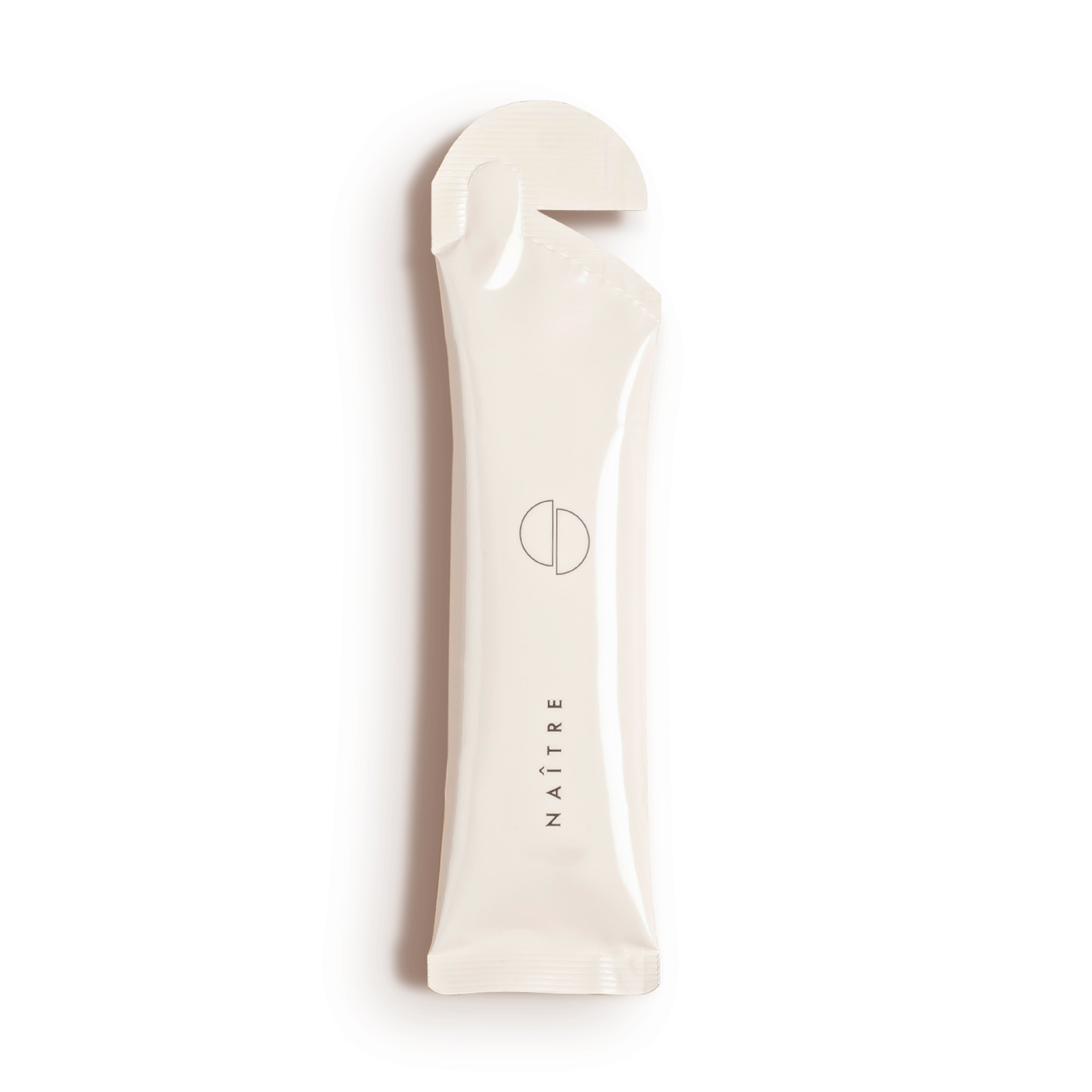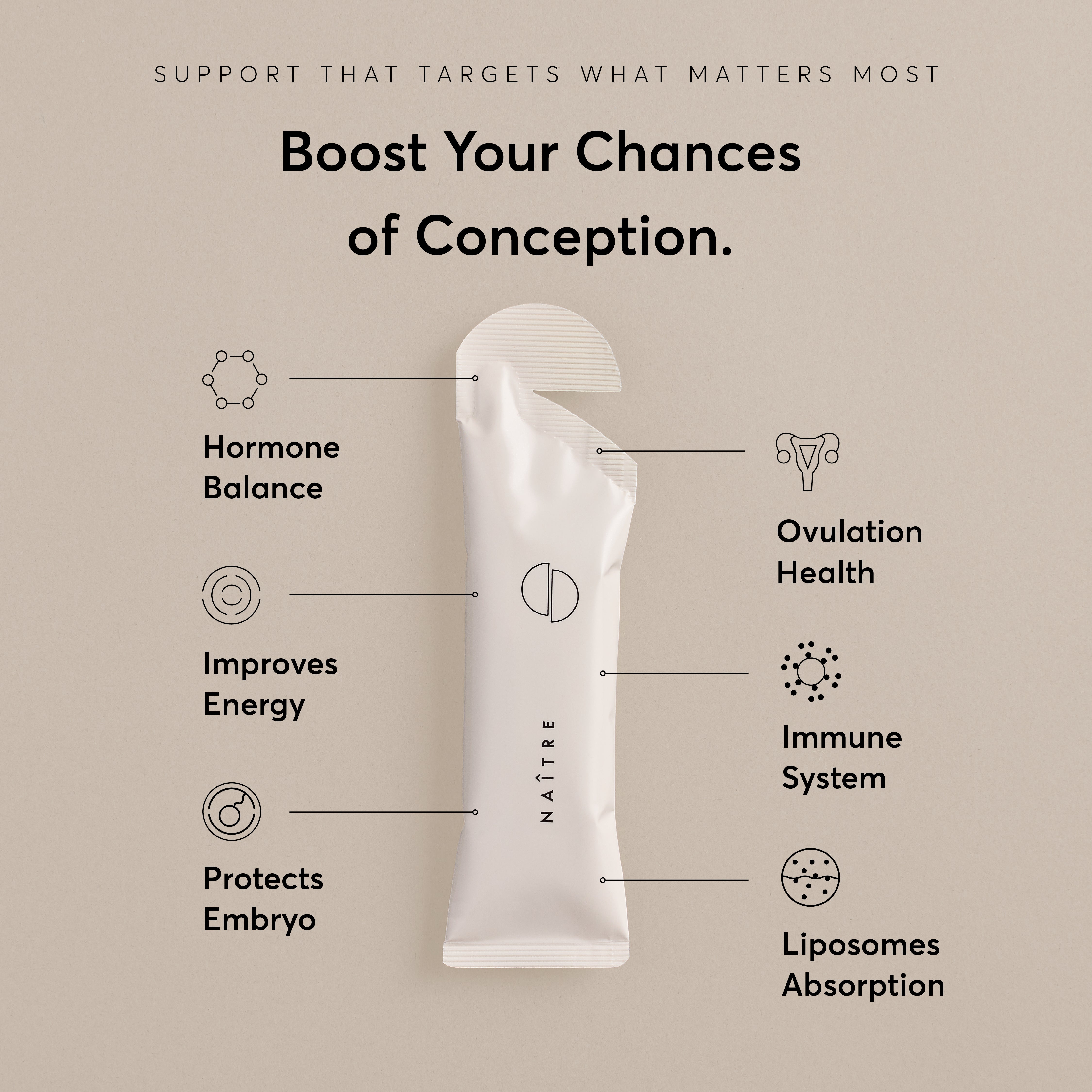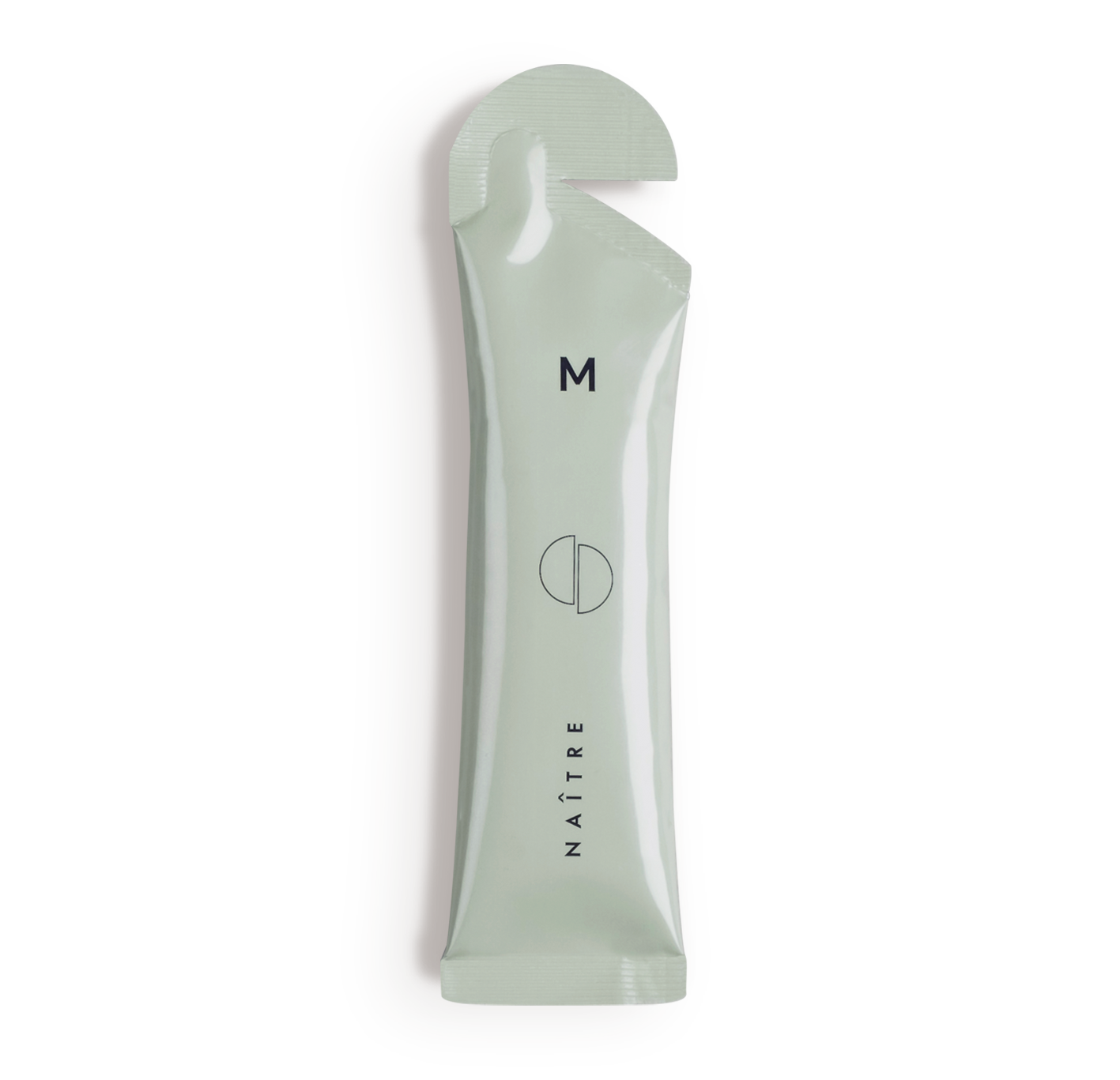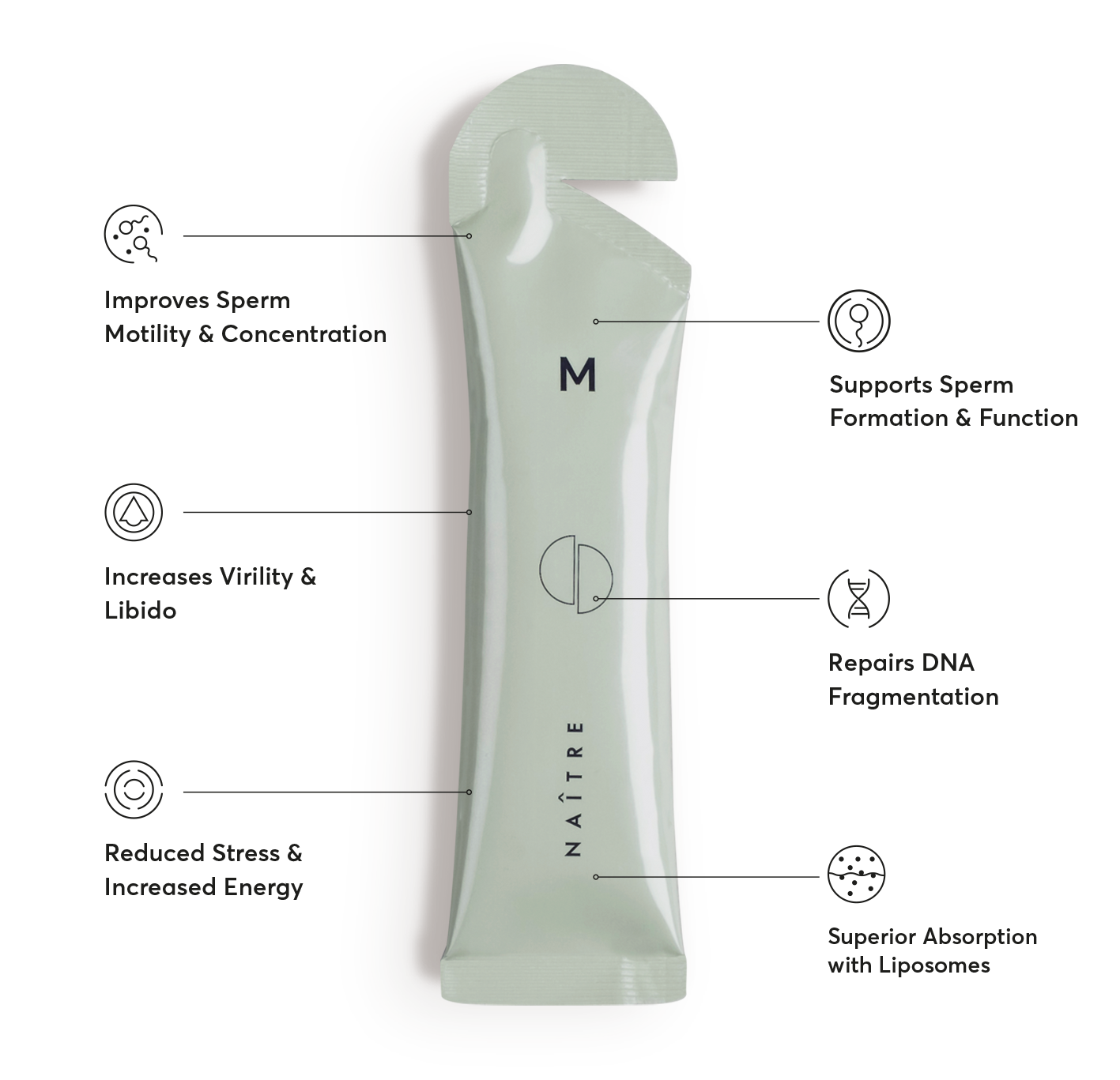
Endometriosis is a chronic condition that affects approximately 176 million women worldwide, with 1 in 10 women suffering from it. It is a painful condition where tissue similar to the lining of the womb grows outside of the uterus, such as on the ovaries, bowel, or bladder. In rare cases, the endometrial tissue can even grow on the lungs and nasal cavities.
Symptoms
One of the most common symptoms of endometriosis is intense pain during periods, but it can also cause pain during sex, bowel movements, and urination. It can also lead to infertility, fatigue, and depression. Many women with endometriosis struggle to find a diagnosis, with an average delay of 7.5 years between onset of symptoms and diagnosis.
Cause
The exact cause of endometriosis is unknown, but there are several theories. One is that menstrual blood flows back into the fallopian tubes and into the pelvic cavity, where the endometrial tissue implants and grows. Another theory suggests that endometrial cells travel through the bloodstream or lymphatic system to other parts of the body.
Treatment & Management
There is currently no cure for endometriosis but remission is possible. Nutrition and lifestyle can play a big role in helping to achieve that. Key areas to work on include reducing junk food and sugar that is pro-inflammatory, increasing the daily intake of organic fresh fruit and vegetables, eating healthy protein and fat sources, whilst lowering alcohol intake, and for some - removing dairy, eggs, and gluten can help.
Supplementing with key nutrients can be effective, too, especially when diets are not giving a person enough. Vitamin D is an essential nutrient that can help to regulate the immune system and reduce inflammation, and a large prospective study found that women with higher vitamin D levels had a decreased rate of endometriosis. Omega-3 fatty acids, found in fish oil supplements, have also been shown to have anti-inflammatory effects and can reduce pain and inflammation associated with endometriosis. Magnesium is another supplement that can help to relieve muscle tension and reduce pain.
In addition to managing symptoms, it is also important to address the mental health impact of endometriosis. Chronic pain can take a toll on mental health, leading to anxiety and depression. It is important for women with endometriosis to seek support from loved ones, mental health professionals, and support groups to help manage these symptoms.
Trying to conceive
Endometriosis can make it difficult to conceive. However, there are steps you can take to improve your chances of getting pregnant.
Track your ovulation:
Maintain a healthy weight:
Reduce stress:
Choose the right supplements:
Summary
Overall, endometriosis is a complex condition that can have a significant impact on a woman's quality of life. While there is no cure, there are several approaches to managing symptoms, including changes to diet and lifestyle, supplements, and medical treatment. By seeking support and taking a holistic approach to managing endometriosis, women can find relief and improve their overall well-being.






